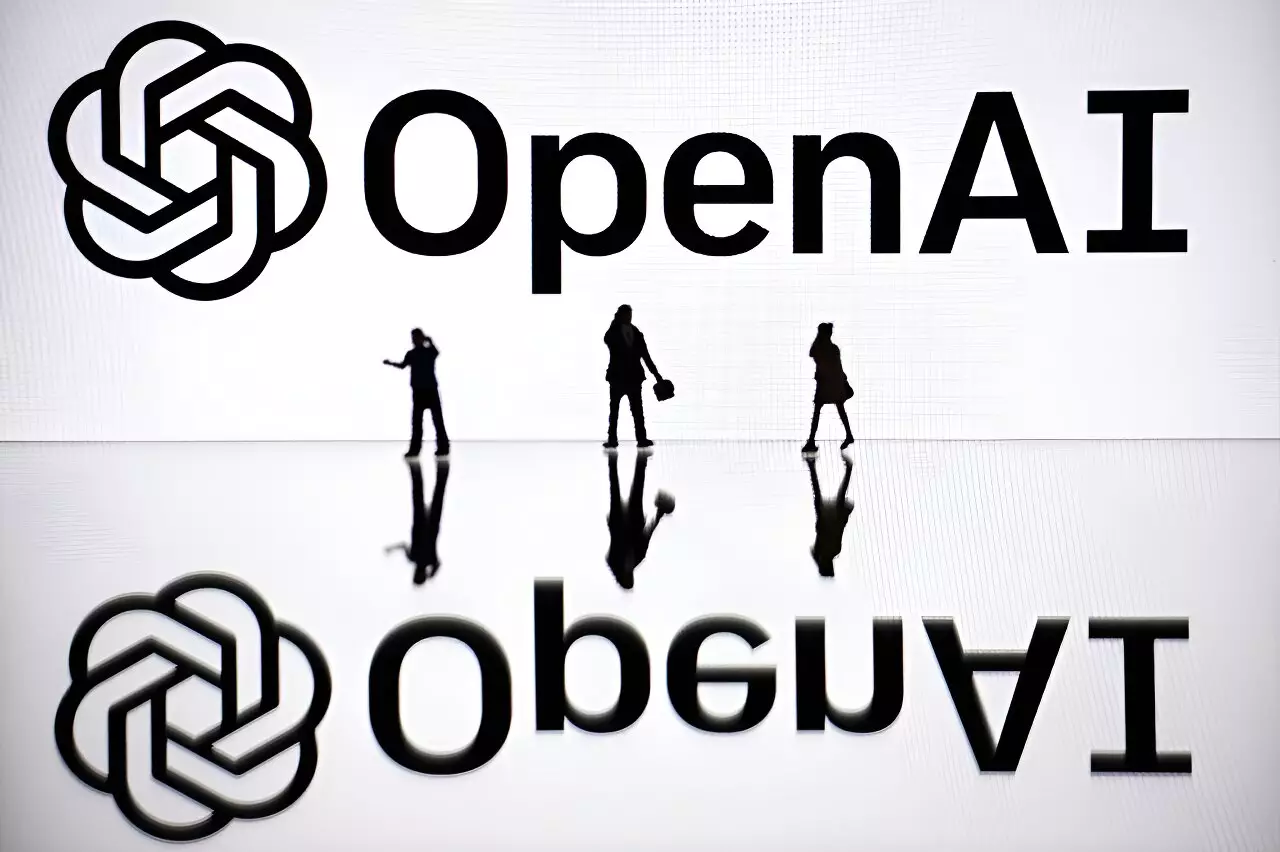The rise of artificial intelligence has brought about both incredible advancements and significant risks, particularly when it comes to voice cloning. OpenAI, a leading AI research organization, recently unveiled a voice-cloning tool called “Voice Engine,” which has sparked concerns about the potential misuse of such technology.
Security Concerns
Voice Engine has the capability to replicate someone’s speech after just a 15-second audio sample, raising serious security and ethical implications. With the upcoming election year, the risks of using AI-powered voice cloning tools for malicious purposes are higher than ever.
One alarming incident involved a political consultant using AI-generated voice cloning to impersonate a prominent US leader in a robocall. This deceptive tactic was aimed at influencing voter behavior during a key primary election, highlighting the dangers of deepfake disinformation in political campaigns.
OpenAI’s Response
In response to these concerns, OpenAI has taken a cautious approach to the release of Voice Engine, working closely with governmental, media, and civil society partners to address potential misuse. Rules have been established to ensure that explicit consent is obtained before duplicating someone’s voice, and audiences are made aware when they are listening to AI-generated content.
To mitigate the risks associated with voice cloning technology, OpenAI has implemented safety measures such as watermarking to trace the origin of generated audio and proactive monitoring of its usage. These steps aim to prevent the unauthorized and harmful use of Voice Engine for deceptive purposes.
As advancements in AI continue to evolve, it is essential to prioritize the ethical and responsible development of technologies like voice cloning. By acknowledging the potential risks and taking proactive measures to address them, organizations like OpenAI can help guard against the misuse of such powerful tools in an increasingly digitized world.


Leave a Reply